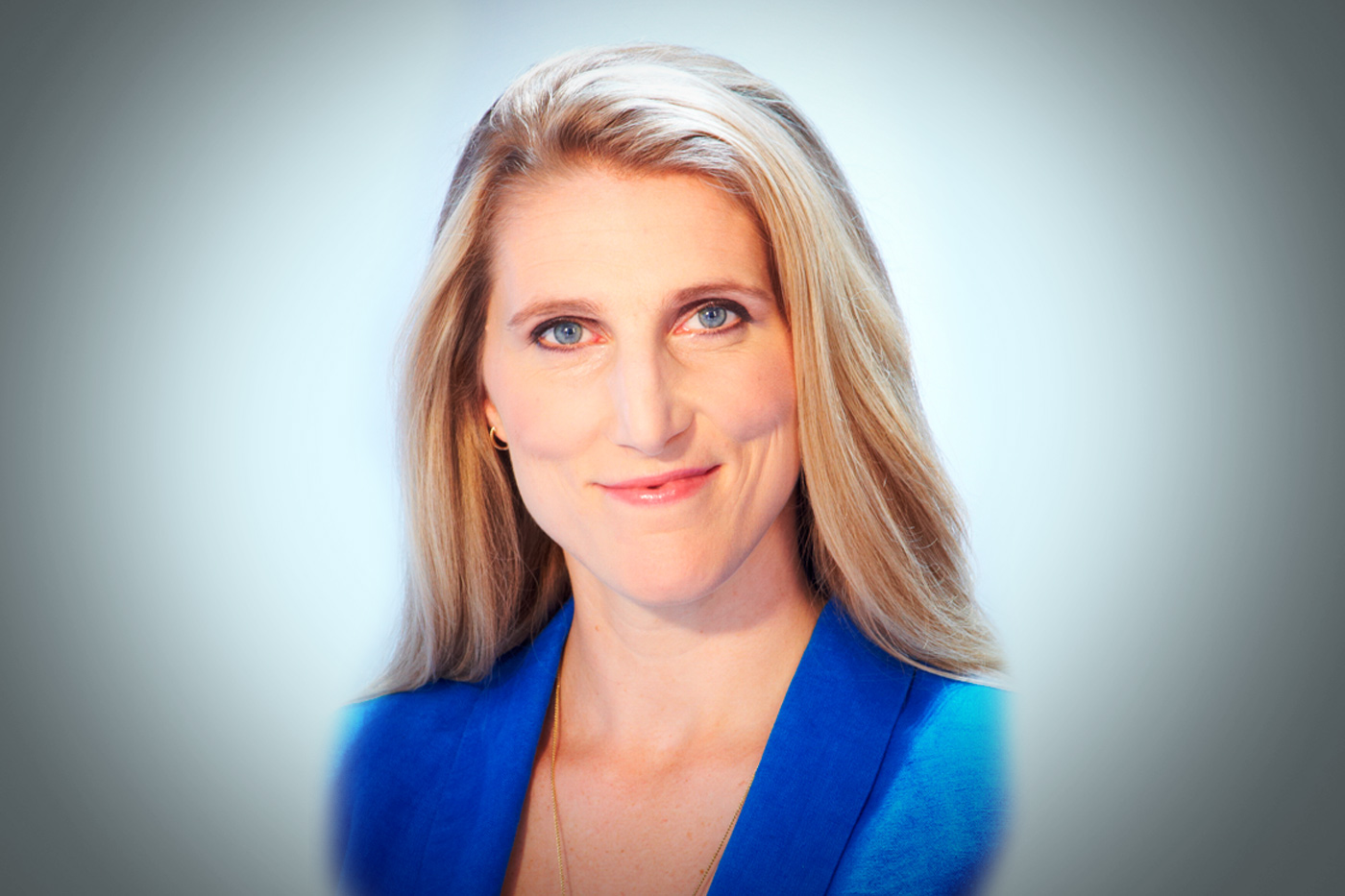In mid-August 2024, a startling claim resurfaced on social media, igniting heated discussions and debates across various platforms. This claim alleged that Vanessa Kerry, the daughter of former U.S. Secretary of State John Kerry, declared that billions of people must die for the "New World Order." This assertion quickly spread on social media, particularly on X (formerly Twitter), accumulating significant attention and views. The rapid spread of misinformation, especially regarding public figures, highlights the pressing need for critical thinking and fact-checking in today’s digital age.
Rumors surrounding public figures can spiral out of control, especially when they are shared widely on platforms like X and Facebook. In this case, one particular post garnered over 465,000 views, showcasing how easily misinformation can travel. Many of these posts linked back to another user whose account was associated with a dubious website known for disseminating false information. This incident serves as a reminder of the importance of verifying information before accepting it as truth.
As the narrative unfolded, it became evident that the clips presented as evidence were taken out of context and misleadingly edited. The original footage came from Vanessa Kerry’s keynote address at the COP28 "Reaching the Last Mile" Forum. During her speech, she never made any statements regarding the deaths of billions of people. This misattribution is a clear example of how quotes can be manipulated and spread without regard for truth.
Understanding the Claim
The claim that Vanessa Kerry said billions of humans must die for the "New World Order" is not only sensational but also completely false. The context of the claim is crucial, as many social media users cited a post from an account linked to The People's Voice (TPV), which has a history of spreading misinformation. TPV had previously published similar claims regarding public figures, making it essential for readers to exercise caution and critical analysis when engaging with such content.
Fact-Checking the Sources
Fact-checking organizations, including Snopes, have a vital role in combating misinformation. They meticulously investigate claims such as this one. In this case, Snopes found no credible evidence to support the assertion that Vanessa Kerry made such a statement. The phrase attributed to her was determined to be misattributed, thus reinforcing the need for rigorous fact-checking.
The Role of Social Media in Misinformation
Social media platforms have become breeding grounds for misinformation, often amplifying false claims at an alarming rate. Users must remain vigilant and skeptical of sensational headlines and claims that lack credible sources. The case of Vanessa Kerry illustrates how quickly misinformation can spread, affecting public perception and the reputations of individuals without a solid foundation of truth.
Responses from Vanessa Kerry and Fact-Checkers
In response to the false claim, a spokesperson for Vanessa Kerry reached out to Snopes, labeling the assertion as absurd and completely false. This highlights the importance of public figures addressing misinformation directly, as doing so can help clarify the truth for their followers and the general public.
| Source | Details |
|---|---|
| Snopes | Fact-checking organization that debunked the claim. |
| The People's Voice | Website known for spreading misinformation on social media. |
| Reuters | Published a similar fact-check on John Kerry's alleged statement. |
The incident serves as a crucial lesson in the realm of digital literacy. It teaches us to verify information before sharing it and to be aware of the sources we rely on. This is especially important in an age where misinformation can easily sway public opinion and cause widespread panic or outrage.
Lessons from the Incident
Ultimately, this incident emphasizes the importance of critical thinking and the need for effective strategies to combat misinformation online. As consumers of information, we must take responsibility for verifying claims before sharing them, fostering a culture of truth and accountability in our digital interactions. The Vanessa Kerry misquote is just one of many examples that illustrate the dangers of misinformation.
By being vigilant and discerning, we can contribute to a more informed society where facts prevail over fiction, and public discourse is grounded in reality. Let us take this opportunity to reflect on our media consumption habits and strive for a more truthful representation of the information we encounter.
- Daniel Jack Neeson
- Preet Jatti
- Is David Jason Muir Married
- Oprah Diddy Connection
- Patrick Flueger Relationship
- Kim Hye Yoon Husband
- Massey Park California
- Anton Lavey Daughter
- Aaron Pierre
- Simon Cowell Son Disability




